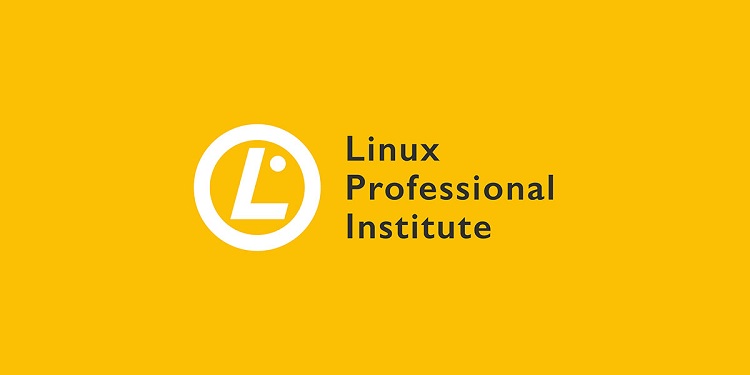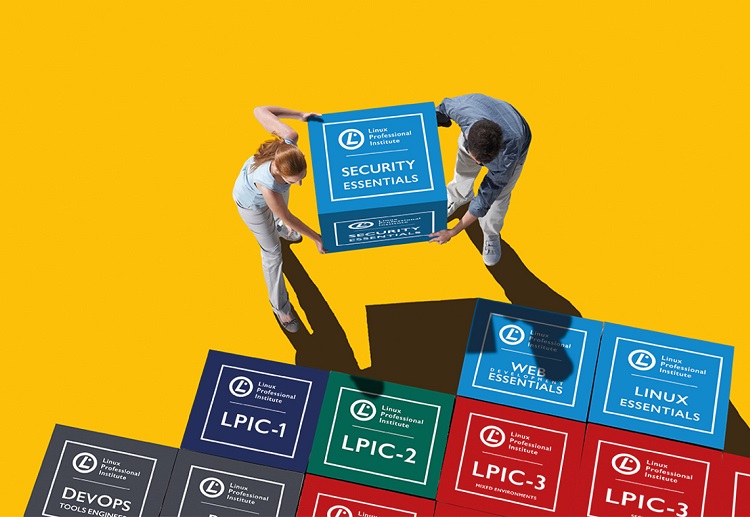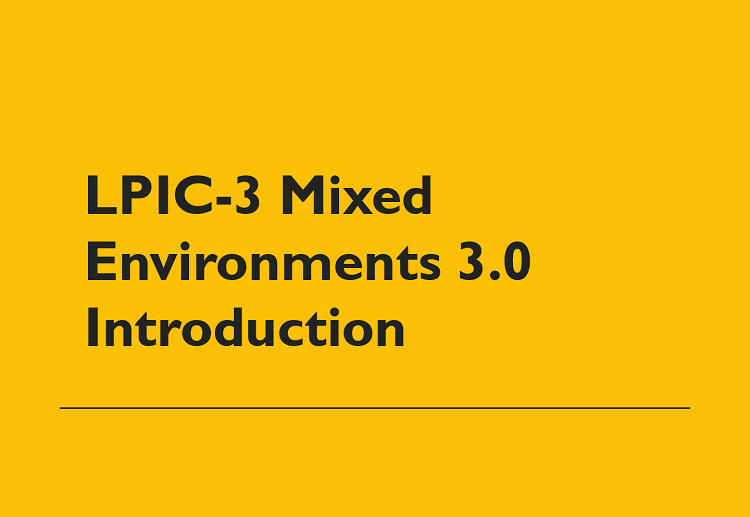Saturday 29 April 2023
From Zero to Hero: How LPI Certification Can Skyrocket Your Tech Career
Thursday 27 April 2023
Linux Professional Institute (LPI) Publishes 2022-2023 Annual Review
Tuesday 25 April 2023
How Linux changed my life: Sam "Si" Wachira
Saturday 22 April 2023
How LPI Certification Can Open Doors to Exciting Career Opportunities
What is LPI Certification?
Benefits of LPI Certification
Types of LPI Certification
How to Prepare for LPI Certification
The LPI Certification Exam
What to Expect After Getting LPI Certified
LPI Certification Cost
LPI Certification vs. Other IT Certifications
Who Should Get LPI Certified?
Thursday 20 April 2023
Antonio Perpinan: Open Source Proponent in the Spanish-Speaking World
Saturday 15 April 2023
The Future of IT: Why LPI Certifications Matter More Than Ever
Introduction
What is LPI?
Benefits of LPI Certifications
LPI Certifications in the Industry
The Future of IT and LPI
How to Get LPI Certified
Exam Preparation Tips
- Review the exam objectives. LPI provides a detailed list of exam objectives on its website. Make sure you review these objectives thoroughly before taking the exam.
- Use study materials. LPI provides study materials, including books and practice exams, to help you prepare for the exam. Make use of these resources to ensure you're adequately prepared.
- Take a training course. LPI offers training courses that cover the exam objectives in depth. Taking a training course can help you better understand the material and increase your chances of success.
- Practice, practice, practice. Practice exams are a great way to prepare for the exam and identify areas where you need to improve.
Thursday 13 April 2023
Everything You Need to Know About LPI's Latest Security Essentials Certificate
Introduction
What is the LPI Security Essentials Certificate?
Why Pursue the LPI Security Essentials Certificate?
Exam Details
Exam Objectives
How to Prepare for the Exam
Certification Renewal
Tuesday 11 April 2023
LPI BSD Specialist: Everything You Need to Know
What is LPI?
What is BSD?
What is an LPI BSD Specialist?
Why Become an LPI BSD Specialist?
How to Become an LPI BSD Specialist
Saturday 8 April 2023
Become an LPI Member and Set Our Future Direction
As a global organization offering certifications on six continents, and as a non-profit, Linux Professional Institute (LPI) seeks broad diversity on its Board of Directors. If you have obtained a professional level certification through LPI, you can become an LPI Member and vote for the Board or and even run in the Board elections. We encourage all certified people to take the next steps to create a Board that represents everybody who can benefit from free and open source software.
LPI Membership
First, become a Member. It’s easy if you have obtained at least one LPI certification. Over the past several years, LPI has become a Member-based organization and holds Board elections annually in which Members vote. The new form of openness is an important element for the non-profit organization to encourage open source communities globally. "Our mission is to promote the use of open source by supporting the people who work with it. The best way to do that is to involve people around the world and listen to them," said Kenneth Armstrong, LPI Community Manager.
Board Elections
The 2023 elections page lists key dates and other information about the upcoming annual election and Annual General Meeting (AGM). Anyone can apply to be a candidate for the Board: You don’t need to be a Member of LPI or even a longtime part of our community. We’re looking for people who share LPI’s mission (to promote the use of open source by supporting the people who work with it) while bringing to us a broad range of skills, views and experience.
We’re a global organization that seeks a Board as diverse as we are, and are especially looking for people with backgrounds in:
- Non-profit governance
- Finance and business management
- Open Source (of course)
- Promotion and advocacy
- Human Resources and Career Development
- Membership programs
- STEM and IT Education
- Skills standards and certification
The deadline for running is May 9.
LPI wants the more than 200,000 people around the world who have certifications to set the direction for our work. You can further the missions of free and open source software by becoming an LPI Member and voting.
Source: lpi.org
















